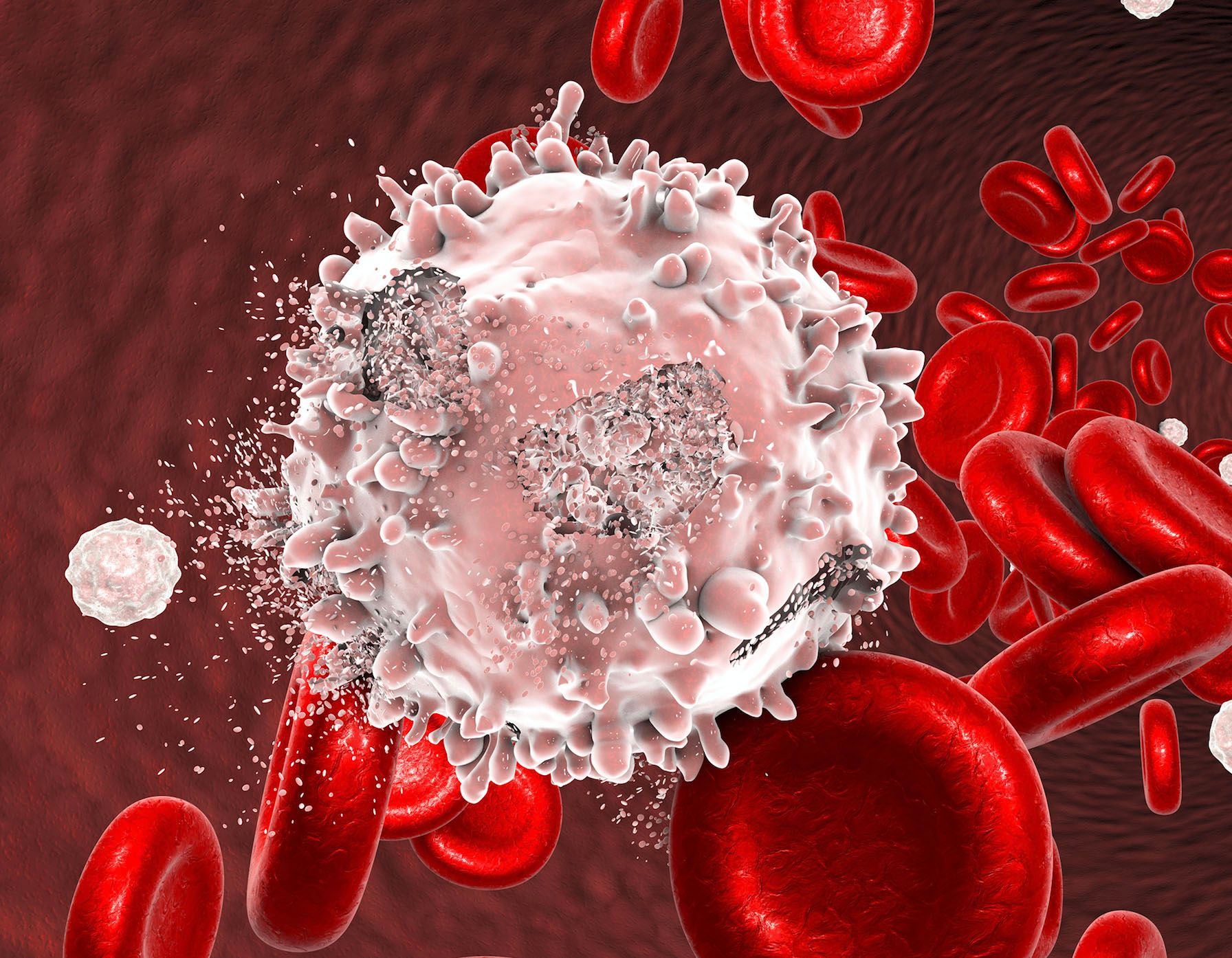SIERRA Trial in AML Continues Full Steam Ahead During COVID-19 Pandemic to Fulfill Unmet Patient Need
"Our team has done an excellent job continuing to advance our clinical programs, operations and business objectives during the COVID-19 pandemic. March was one of the higher enrolling months in the SIERRA trial with multiple patients enrolled after the COVID-19 pandemic emerged in full force with active screening continuing."

The pivotal phase III SIERRA trial for iodine (131I) apamistamab (Iomab-B) in patients with acute myeloid leukemia (AML) is continuing to enroll patients even in the face of the coronavirus disease 2019 (COVID-19) pandemic, according to an update from developer Actinium Pharmaceuticals.1
Despite the pandemic, the trial had higher than active patient enrollment in March 2020, and recruitment is still active at a majority of the trial sites in April, the company announced in a press release. The remainder of the sites are expected to resume enrollment in the summertime.
The company cited the acute nature of the disease, the unmet need of patients with relapsed or refractory disease, and the differentiated profile of Iomab-B as reasons for continued recruitment during the pandemic while many other cancer clinical trials have ceased enrollment.
"Our team has done an excellent job continuing to advance our clinical programs, operations and business objectives during the COVID-19 pandemic. March was one of the higher enrolling months in the SIERRA trial with multiple patients enrolled after the COVID-19 pandemic emerged in full force with active screening continuing,” said Sandesh Seth, chairman and chief executive officer of Actinium, in a statement. “The majority of our SIERRA trial sites have informed us that enrollment is expected to remain active despite COVID-19 given the acute need for treatment, the curative nature of BMT and the lack of viable alternatives to Iomab-B."
As the trial is approaching the upper bound of the range for topline results, an ad hoc analysis on primary end point data is expected to be completed in the second quarter of 2020 and released later this year. If the data from the ad hoc analysis are positive, resulting in a minimal alpha spend of no more than 0.00925, the trial could be terminated early due to efficacy.
The trial is investigating the use of Iomab-B as a conditioning therapy prior to allogeneic hematopoietic stem cell transplant (HCT) in patients with active, relapsed, or refractory AML. In the study, patients are randomized 1:1 to either Iomab-B or conventional chemotherapy of physician’s choice. Crossover is allowed for patients who do not achieve a complete response in the control arm.
The primary end point for the trial is durable complete remission (CR) rate at 180 days, and the secondary outcome measure is overall survival at 1 year.
The SIERRA trial has already exceeded 50% enrollment, with a target accrual of about 150 patients, and has demonstrated positive results that are predictive of patient outcomes.
In midpoint findings presented at the 2020 Transplant & Cellular Therapies Meetings, 84% of patients treated with Iomab-B (n = 38) achieved a CR and went on to allogeneic HCT versus 18% treated with conventional care.2
At 100 days, the rates of nonrelapse mortality following HCT were 6%, 10%, and 29% in patients who received Iomab-B from randomization, crossed over to receive Iomab-B, and in those who received standard chemotherapy, respectively.
Engraftment was considered to be predictive of long-term survival outcomes according to prior trials of Iomab-B, and all patients who had Iomab-B conditioning and subsequent HCT in the SIERRA trial at the midway point had neutrophil and platelet engraftment.
Adverse event frequency was mostly similar between the 2 arms, but the rates of febrile neutropenia (22.9% vs 45.9%) and sepsis/septic shock (2.9% vs 21.6%) were lower with Iomab-B as compared with conventional care.
“We are heartened by the commitment of the majority of SIERRA sites that continue to recruit and enroll patients despite the COVID-19 pandemic, based on the value of Iomab-B's differentiated profile to these acutely ill patients who otherwise cannot receive a potentially curative therapy,” Mark Berger, MD, chief medical officer of Actinium, said in a statement.1 “Our goal is to demonstrate Iomab-B's clinical benefit and make it available to patients as quickly as possible.”
REFERENCES
- Actinium Provides Update on Iomab-B SIERRA Trial and Expected Topline Results from Ad Hoc Analysis in 2020 [press release]. New York: Actinium Pharmaceuticals, Inc; April 16, 2020. https://yhoo.it/3bAIs7n. Accessed April 24, 2020.
- Gyurkocza B, Nath R, Stiff PF, et al. Targeted conditioning with ant-cd45 iodine (131I) apamistamab [Iomab-B] leads to high rates of allogeneic transplantation and successful engraftment in older patients with active, relapsed, or refractory AML after failure of chemotherapy and targeted agents: preliminary midpoint results from the prospective, randomized phase 3 SIERRA trial. Presented at: 2020 Transplantation & Cellular Therapy Meetings; February 19-23, 2020. Orlando, FL. Abstract 285. https://bit.ly/3c1TWBs.